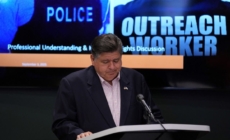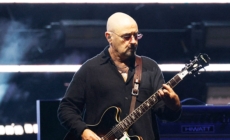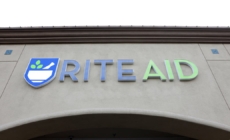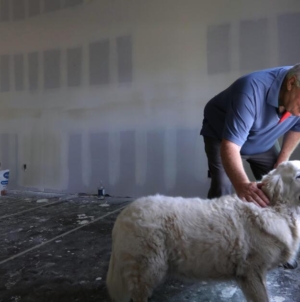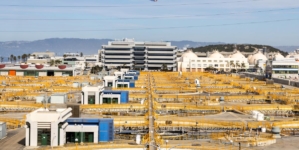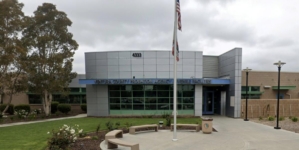File photo of Viktor Orbأ،n (L) and Andrej Plenkoviؤ‡
Hungarian Prime Minister Viktor Orbأ،n met with Croatian Prime Minister Andrej Plenkoviؤ‡ on October 2, in Copenhagen, reaffirming Hungary’s commitment to affordable energy and calling for de-escalation in bilateral tensions that have recently strained relations between the two EU neighbors.
The meeting, which comes amid broader regional energy challenges, was followed by a statement from PM Orbأ،n underscoring Hungary’s strategic priorities.
The Hungarian Government’s interest is to secure the cheapest possible energy sources for Hungarian companies and households,†PM Orbأ،n wrote on X. “Croatia is a historic strategic partner of Hungary, and Hungary will always give Croatia the historic respect it deserves. We are committed to de-escalating tensions and ensuring the highest level of mutual respect.â€
The meeting follows rising diplomatic strain linked to a failed test run of the Janaf crude oil pipeline, a key piece of infrastructure transporting oil from the Croatian port of Omiإ،alj on the Adriatic Sea to Hungary. The technical trial — reportedly involving reverse flow capabilities — was unsuccessful, leaving Hungarian oil and gas company MOL unable to receive planned deliveries through the route.
Hungarian officials expressed frustration over the incident, calling it a setback in regional energy security and suggesting that Croatian authorities had not adequately supported the pipeline’s upgrade or testing process. The Janaf operator has said the issue was due to technical limitations and that further testing would be required before full reverse-flow functionality could be guaranteed.
The Janaf system is critical for landlocked Hungary, which has been seeking to diversify oil imports away from Russia, particularly after EU sanctions and shifting global energy dynamics. Without functional access to alternative southern routes, Hungary remains vulnerable to disruptions — an issue that MOL and the government have repeatedly flagged.
The disagreement over the Janaf pipeline has added strain to broader Hungarian-Croatian relations, which have also been tested by differences in EU policy alignment and economic priorities.
While Croatia defends its management of the Janaf network as compliant with national and EU regulations, Hungary views the pipeline’s upgrade and reliable operation as a shared strategic interest — especially given Europe’s fragile energy landscape.
The Orbأ،n–Plenkoviؤ‡ meeting may mark a turning point in restoring trust — or at least reopening channels for technical and diplomatic coordination. With energy security dominating Central European politics, both sides face increasing pressure to ensure that shared infrastructure like the Janaf pipeline operates reliably and transparently.
Whether Croatia and Hungary can align more closely on this front will be a key test of their strategic partnership in the months ahead.
Janaf oil terminal Omisalj, Photo: Wikimedia Commons
Related article
Adria Capacity Test Fails, Tensions Rise Between MOL and Janaf

Technical setbacks and conflicting accounts cast doubt on the Adria pipeline’s reliability as a key oil supply route for Central Europe.Continue reading
Via X/PM Orbأ،n; Featured image: MTI/Miniszterelnأ¶ki Sajtأ³iroda/Fischer Zoltأ،n
The post Energy Security and Diplomacy at Forefront of Orbأ،n–Plenkoviؤ‡ Meeting appeared first on Hungary Today.
Source link


